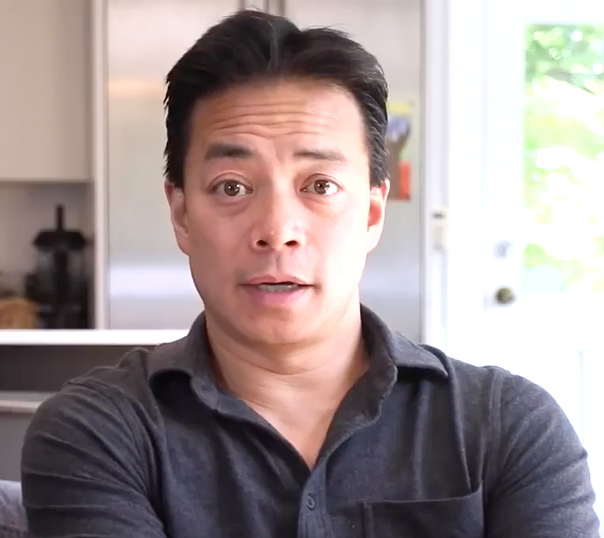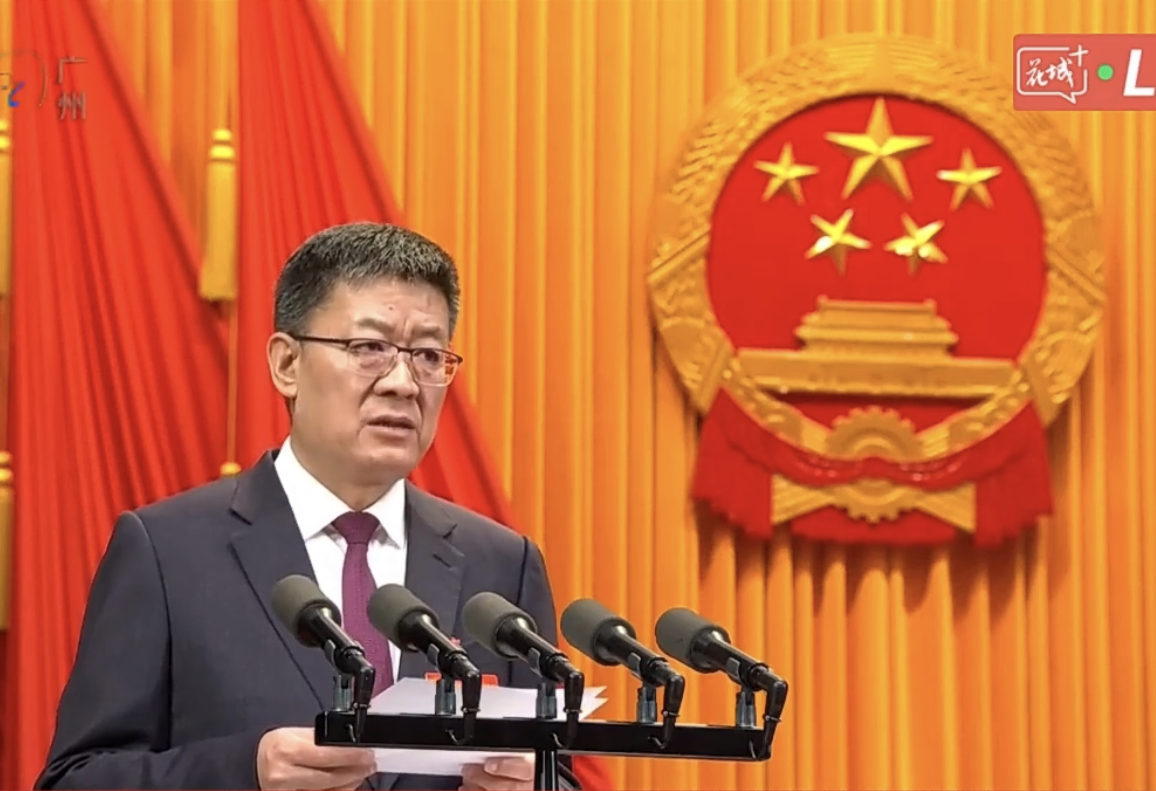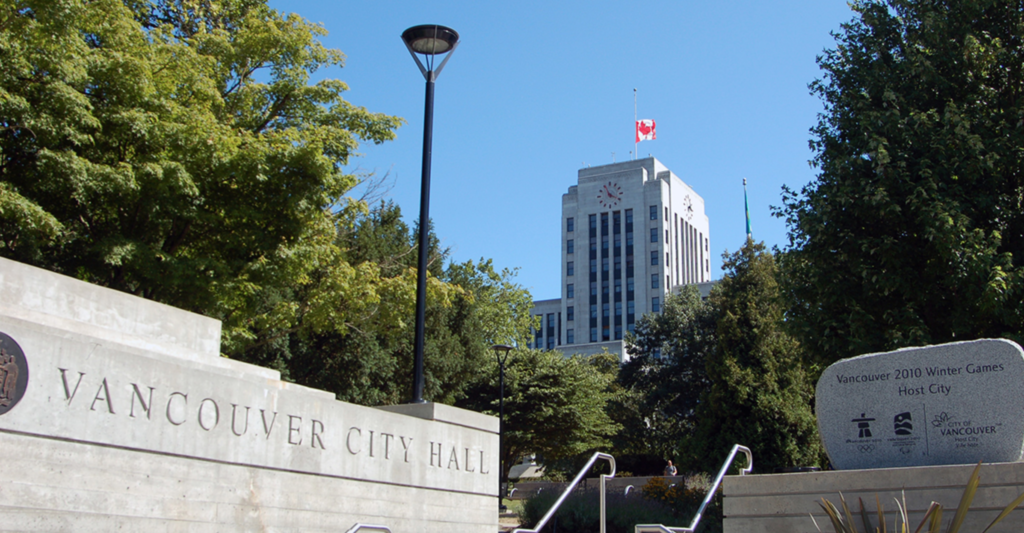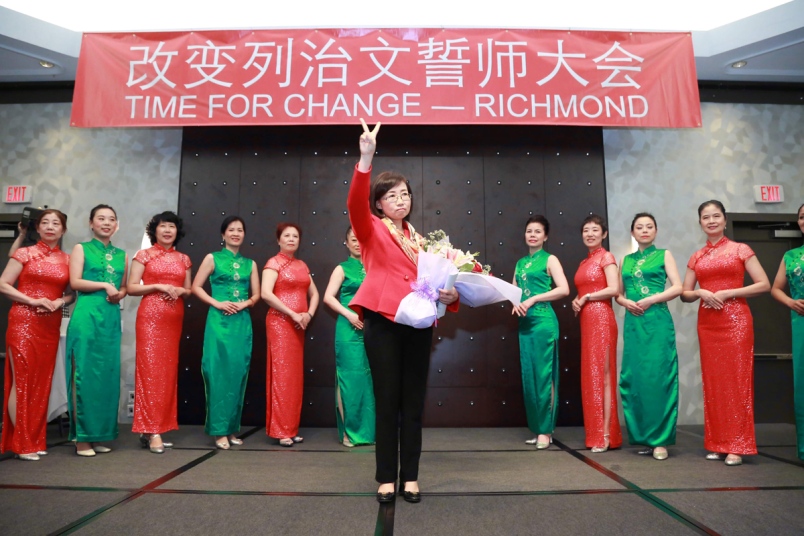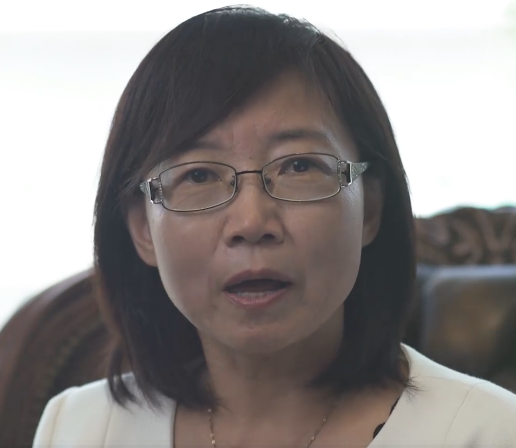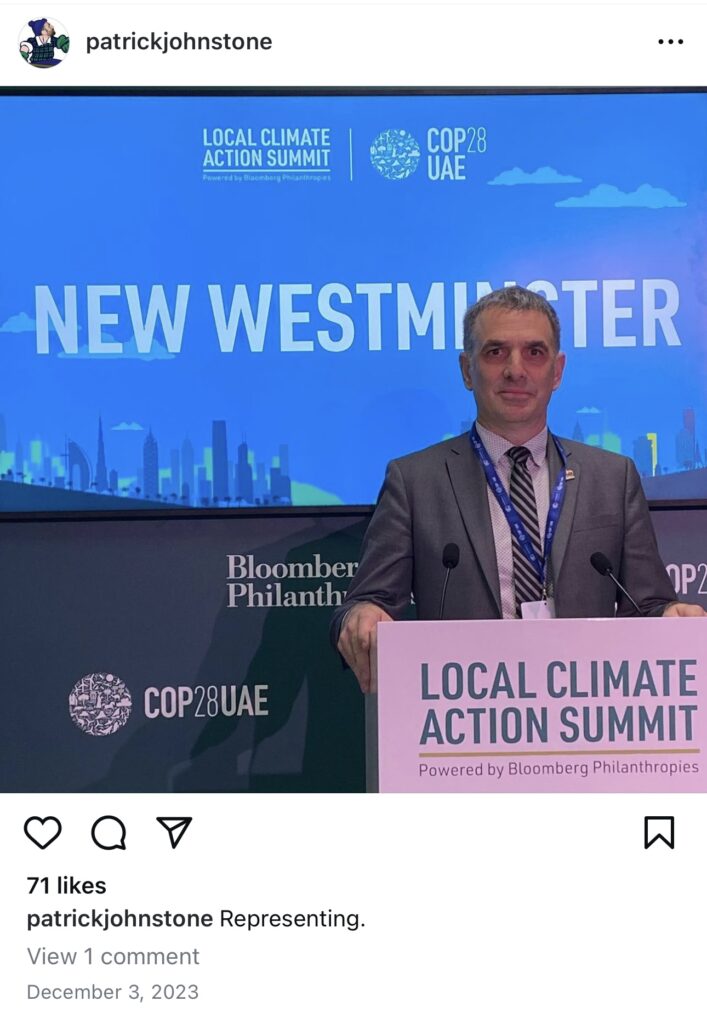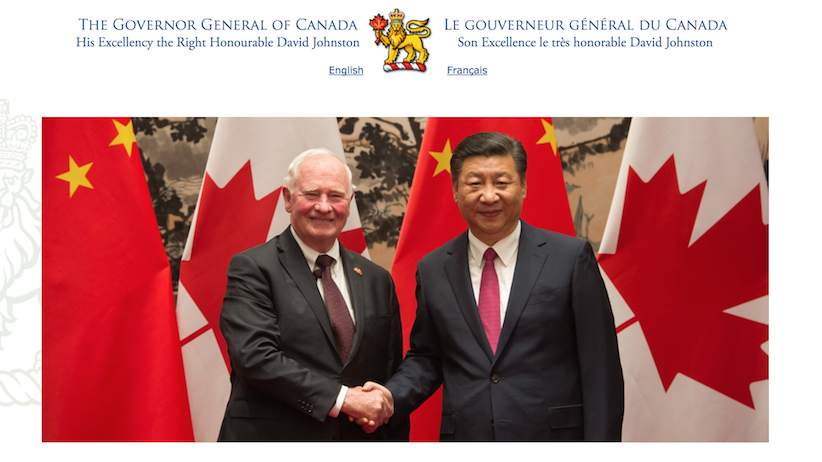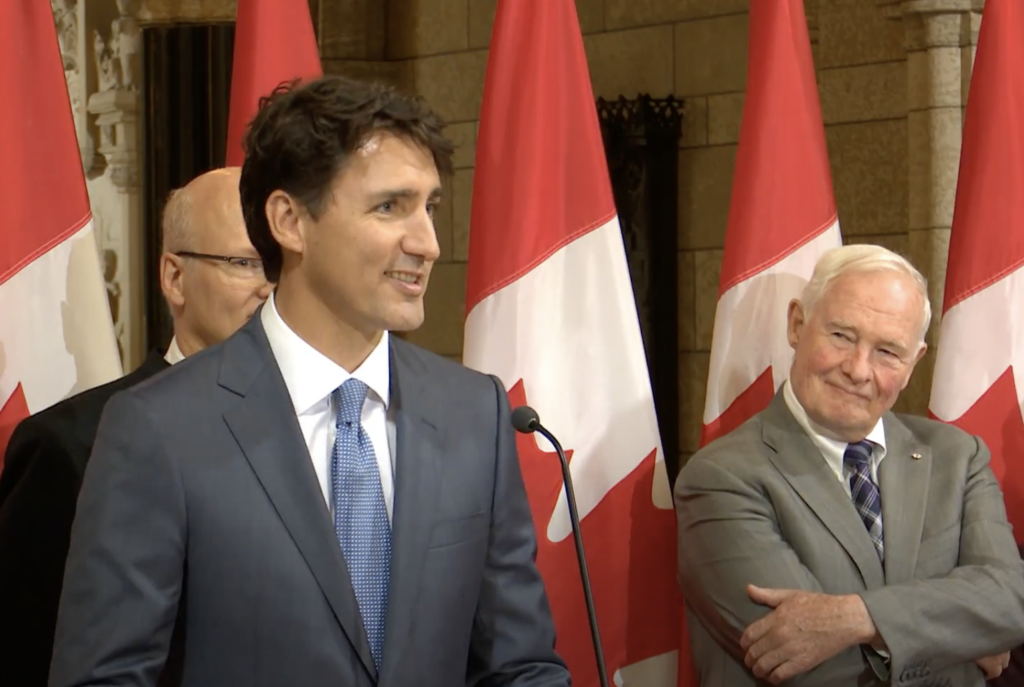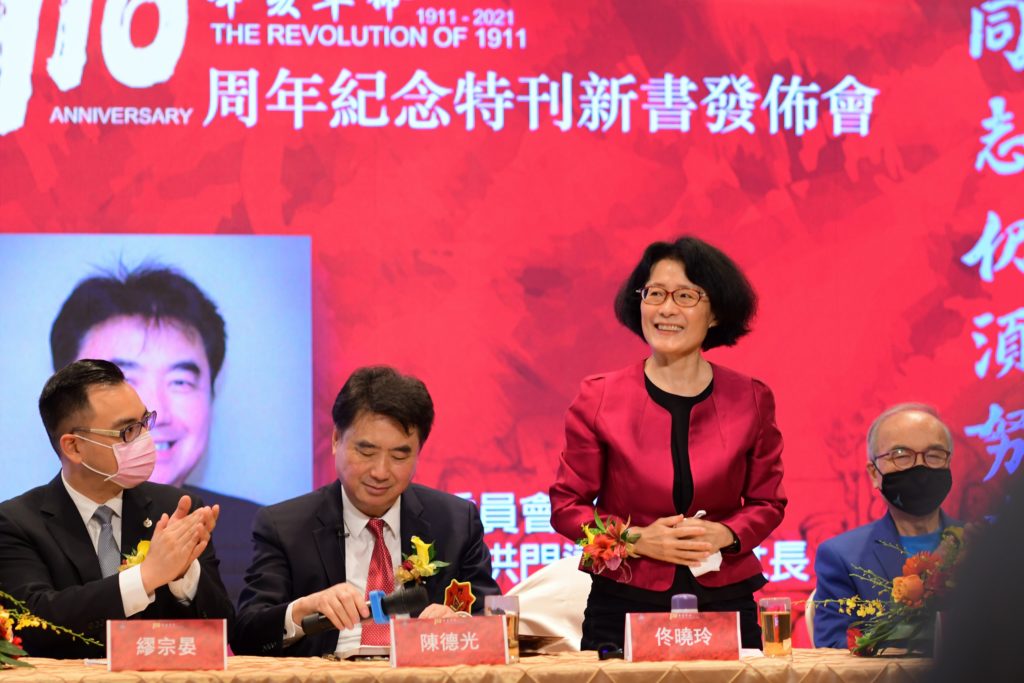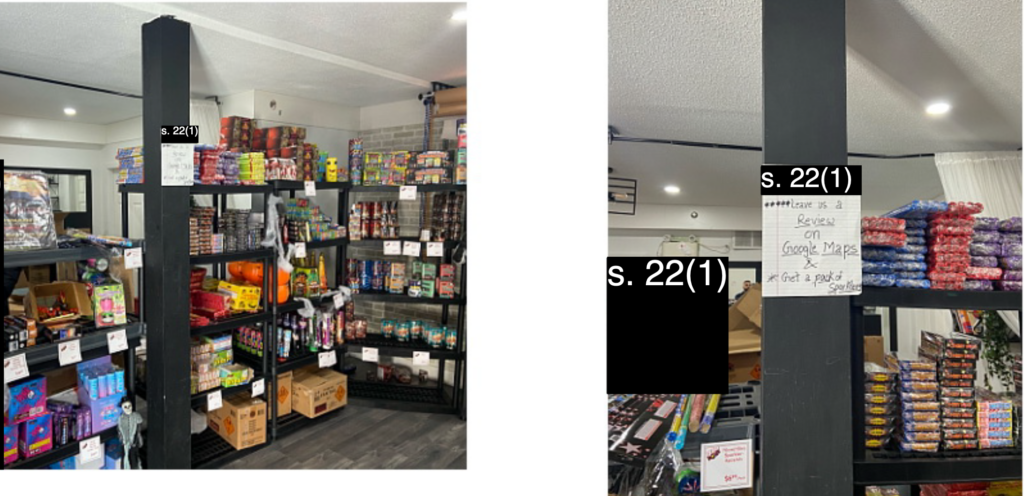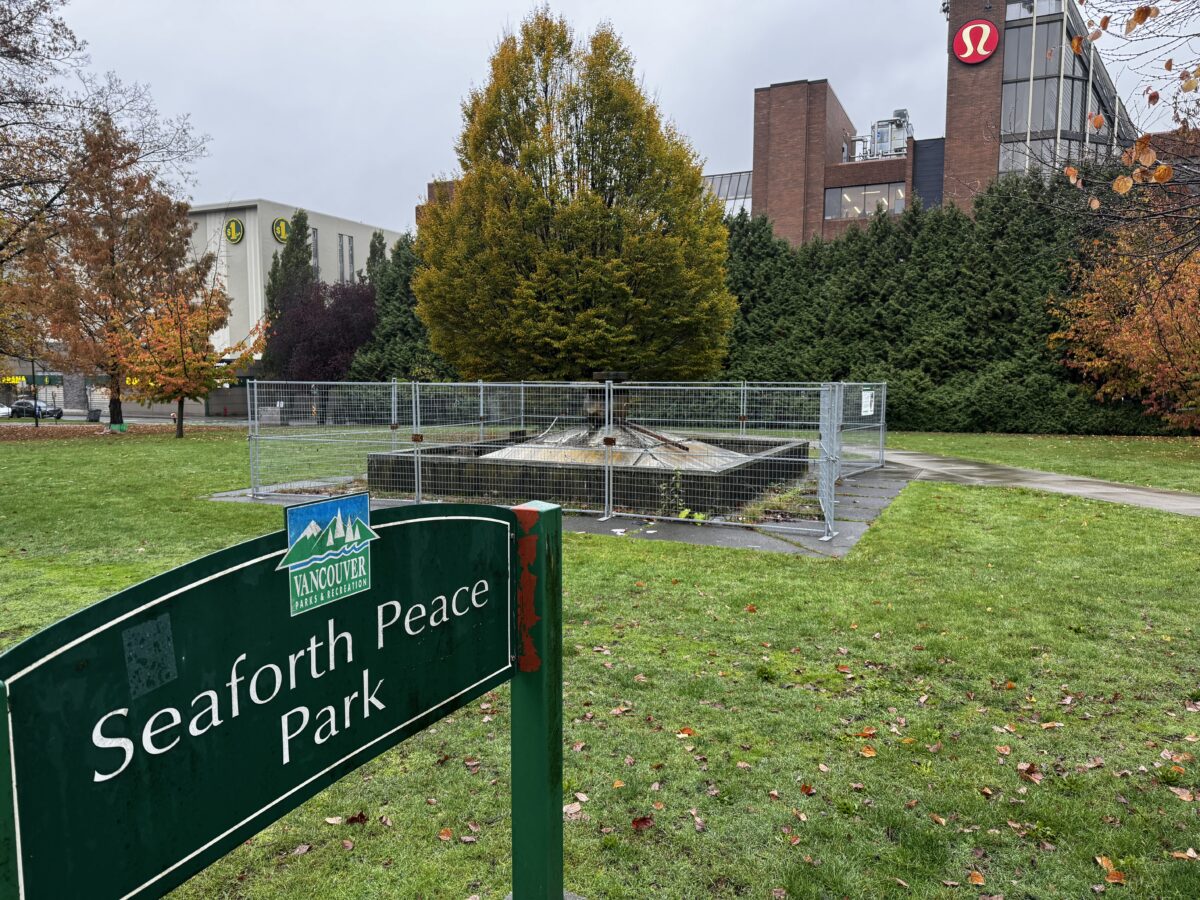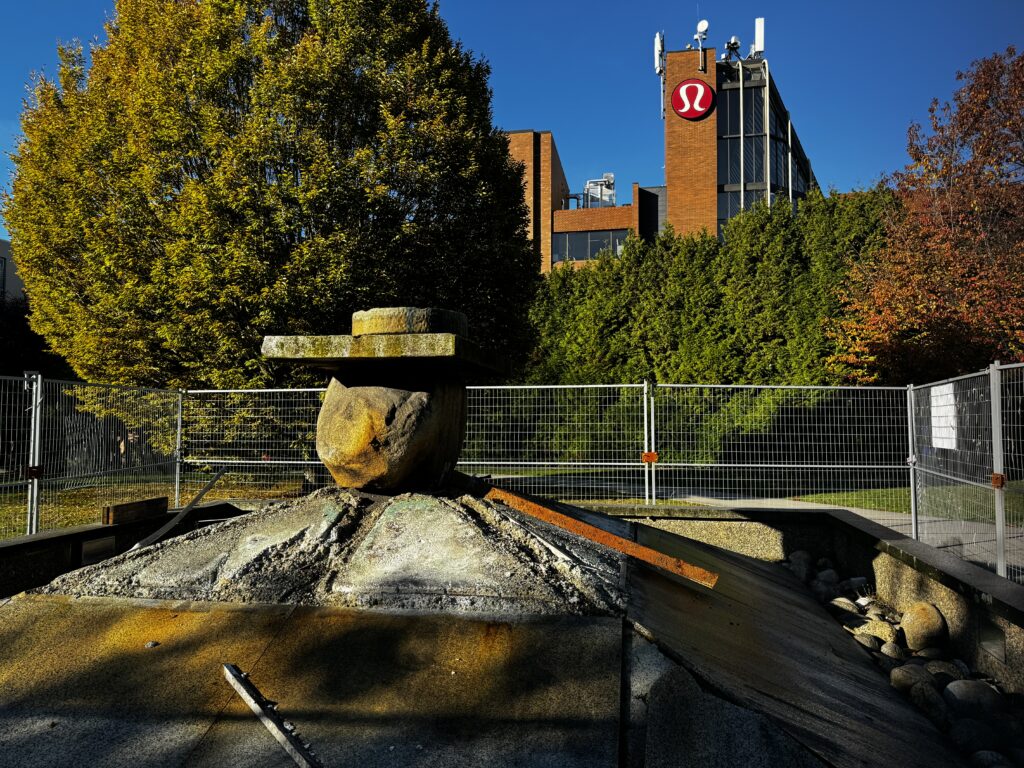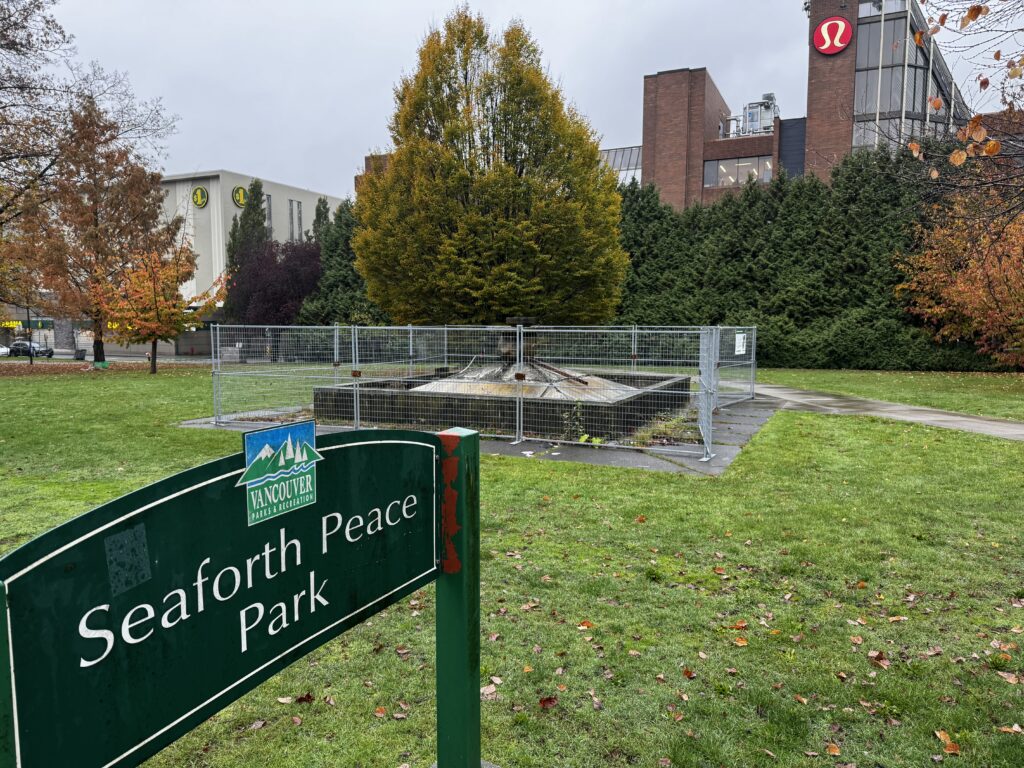Vancouver mayor’s donation to own party deemed offside and returned before Christmas
Bob Mackin
ABC Vancouver, the party that dominated the 2022 civic elections, returned more than $116,000 in prohibited donations before Christmas, including almost $7,000 to the party leader and his immediate family.
In a Dec. 20 amended filing to Elections BC, Mayor Ken Sim, his wife Teena and their four sons appear on the prohibited contributions list for $1,160.82 donations they each made in 2021. Beside their names, the reason given for the returned money is: “donated to multiple candidates.”
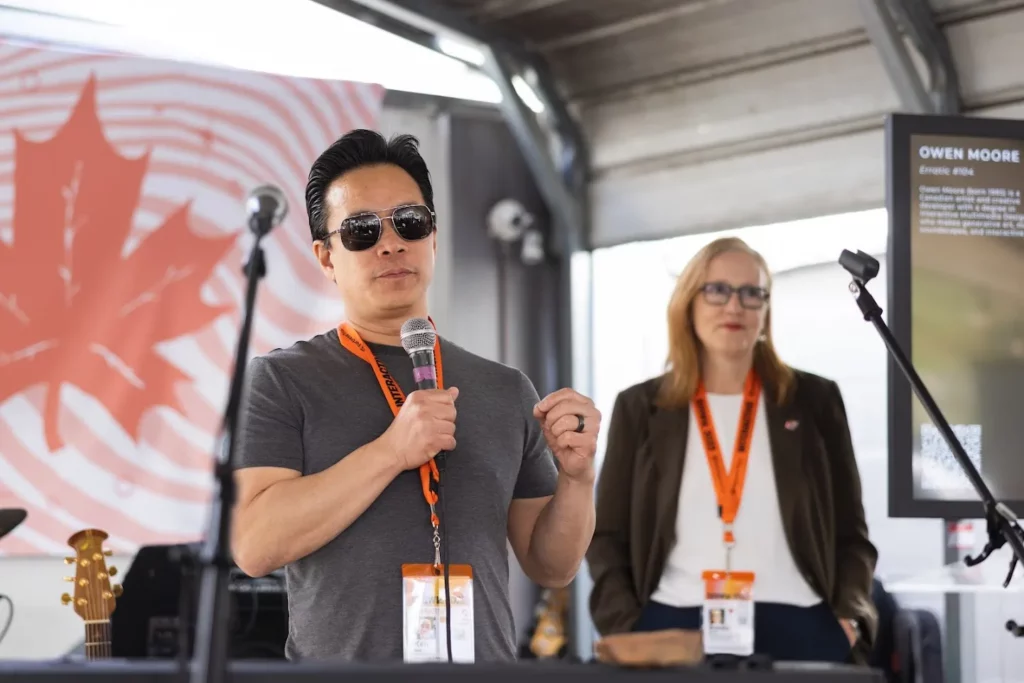
Mayor Ken Sim and Minister Brenda Bailey at SXSW 2023 (Frontier Collective)
A total of 82 donations were returned more than a year after the civic election because they were either duplicate, to multiple candidates, from an out-of-province donor or a business.
Several prominent names from the development industry appear on the list, including Ryan Beedie ($1,160.82), Dale Bosa ($6,046.98), Ian Gillespie ($2,360.82) and Gary Pooni ($4,539.90).
Also receiving refunds were Lululemon founder Chip Wilson ($1,160.82), MCL Motor Cars owner Ajay Dilawri ($1,160.82), and Bonnis Properties president Kyriakos Bonnis ($1,199.82). Bonnis has applied to build a tower over the Granville Mall block that includes the Orpheum Theatre and Commodore Ballroom. His BP Real Estate Inc. was the landlord for Sim’s Rosemary Rocksalt bagel deli on Commercial Drive.
Elections BC has not announced any fines against ABC or its candidates.
ABC financial agent Corey Sue and Sim chief of staff Trevor Ford did not immediately respond for comment.
TEAM for a Livable Vancouver, the party led by third-place mayoral finisher Colleen Hardwick, accused ABC on Jan. 4 of a “pattern of cheating” and urged the provincial government to crack down.
TEAM, which refused donations from developers in 2022, analyzed ABC’s election returns and found what it called “potentially excessive or irregular contributions totalling $119,528.30.” It forwarded the findings to Elections BC last July and sent more information in October.
“Our reaction is, not surprised at all, because it’s exactly what I found last June,” said TEAM director Sal Robinson, who conducted the analysis.
“I suppose it’s possible that it was all a big mistake. But I have to tell you that, as a person who attended the Elections BC webinars on what the rules were, and what would happen if you broke them, we were very, very, very careful not to break them. And [for ABC] to break them to this extent, time and time again, over three years, it’s really mind-boggling.”
Last July, Elections BC banned fourth-place finisher Mark Marissen from the 2026 election and deregistered his Progress Vancouver party for multiple campaign financing violations.
In 2018, Sim represented the NPA and narrowly lost to Kennedy Stewart by just 957 votes. The NPA took another two years to satisfy Elections BC’s reporting requirements.
In October 2022, at the helm of the new ABC party, Sim defeated incumbent Stewart by a 36,000-vote margin, becoming Vancouver’s first Chinese-Canadian mayor. ABC took supermajorities on city council and park board.
ABC’s amended disclosure said it raised more than $1.4 million in donations for the campaign and spent $800,077 of that.
Meanwhile, Stewart’s Forward Together party filed an amended report on Dec. 18 that said it took in $924,238.35 and paid out more than $1.1 million in expenses.
Forward Together repaid two prohibited 2022 donations last July for $1,250 each to Stewart and his wife/council candidate Jeanette Ashe.
Support theBreaker.news for as low as $2 a month on Patreon. Find out how. Click here.
Bob Mackin ABC Vancouver, the party that dominated






